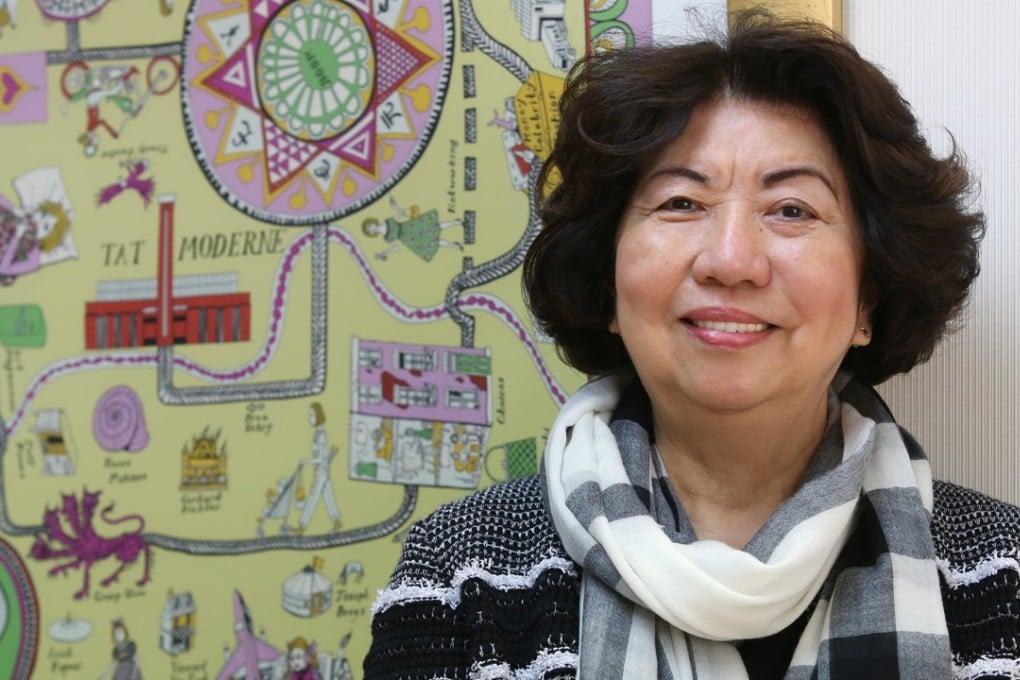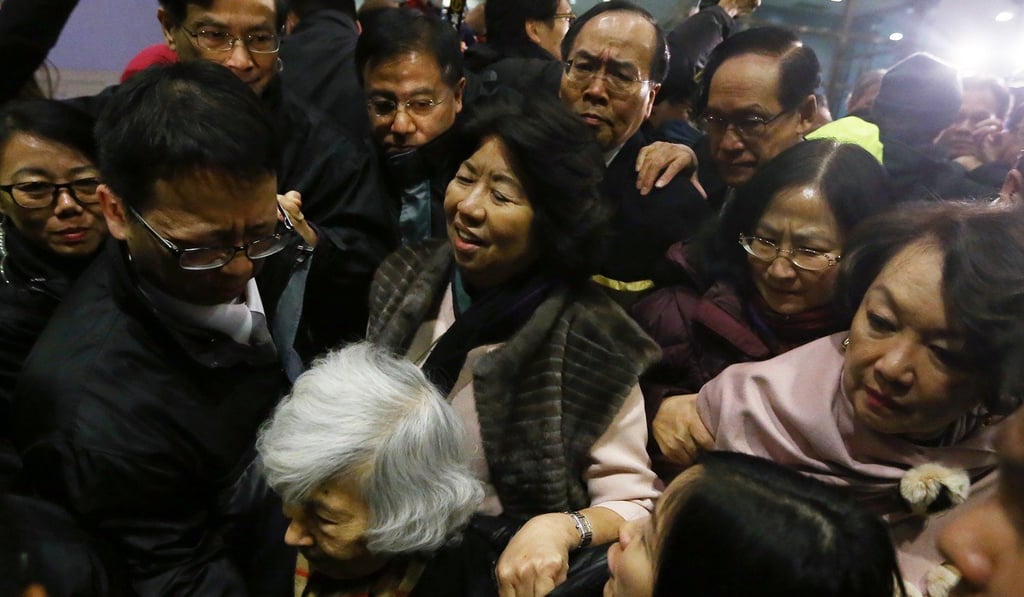‘No hard feelings’ towards student leaders over past rows, outgoing University of Hong Kong council member Leonie Ki says
- But she describes time on campus management body as ‘very traumatic’ and ‘worse than hell’
- Ki was among members who clashed with students in an appointment saga and siege over governance reforms

A controversial outgoing member of the University of Hong Kong’s governing council has said she holds “no hard feelings” towards student leaders and now meets them regularly, after three years of thorny ties.
But Leonie Ki Man-fung described her second term on the university body as “very traumatic” because it was marked by contentious debate and clashes sparked by an appointment saga.
Ki said she had since managed to thaw icy relations with former student union president Billy Fung Jing-en and his deputy Colman Li Fung-kay.
“We don’t talk about politics when we meet,” Ki told the Post. “I just remind them that whatever they do, do it legally and don’t get yourself jailed. Even if you are interested in politics, just finish your studies first and get yourself equipped.”

Ki’s second term on the HKU council ended last week, but no official announcement has been made on who her successor will be. She was among high-profile members who spoke up in 2015 against the proposed appointment of liberal scholar Johannes Chan Man-mun as pro-vice-chancellor.